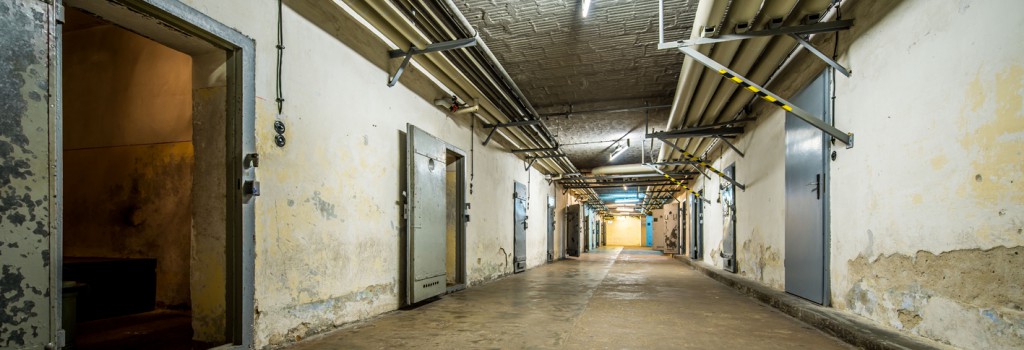Go back

Helmut Brandt
References
- Hermann Wentker: Ein deutsch-deutsches Schicksal. Der CDU-Politiker Helmut Brandt zwischen Anpassung und Widerstand, in: Vierteslsjahreshefte für Zeitgeschichte 3/2001, S. 465-506.
Born in 1911 in Berlin, Brandt studied law and economics and received his doctorate in both disciplines. In 1929, he became secretary to the German People's Party (DVP). He then served in the Reichstag until 1933. After the war, in June 1945, he returned to Berlin, where he established a law practice. In the Christian Democratic Union (CDU), of which he was a founder, he made his mark as an expert in legal matters. With the split in the party organization in Berlin in 1948, he was among those who established a pro-Soviet state association in the eastern part of the city. Because of his bourgeois attitude, he was soon ousted from the CDU leadership and appointed "Staatssekretär" (State Secretary) of the GDR Ministry of Justice in 1949.
In May 1950, he protested to GDR Justice Minister Max Fechner and CDU Chief Otto Nuschke against the Waldheim trials, in which more than 3,000 Soviet camp inmates were condemned in summary proceedings of special courts of the GDR. In September 1950, he was arrested by the Ministry for State Security (Stasi) and a year later, was brought to the basement prison at Berlin-Hohenschönhausen. In June 1954, after nearly four years of detention, the Supreme Court of the GDR sentenced him to ten years imprisonment in a secret trial for alleged "subversive work." He was arbitrarily associated with the “conspiracy group,” of which the East German foreign minister Georg Dertinger (arrested 1953) was also a part. Because of a pardon granted by Nuschke in September 1958, he was released ahead of schedule from the special prison Bautzen II. Since the Stasi wanted to avoid Brandt appearing before the Wetern press, he was arrested 36 hours later upon attempting to flee to West Berlin.
Brandt was brought back to Hohenschönhausen and in March 1959 was sentenced by the District Court of Frankfurt (Oder) to an additional ten years' imprisonment for alleged espionage, attempted illegal emigration, and subversive propaganda. In August 1964, after 5,095 days of imprisonment, he was ransomed by the West German government, so that he could move to the Rhineland. He then worked at a university and as a consultant to the Bundestag. Because he was prevented from holding a political office at the CDU in the West, he joined the CSU in 1977. After reunification in 1990, he actively participated in the revisitation of the Waldheimer trials. He died in 1998 in Königswinter near Bonn.

